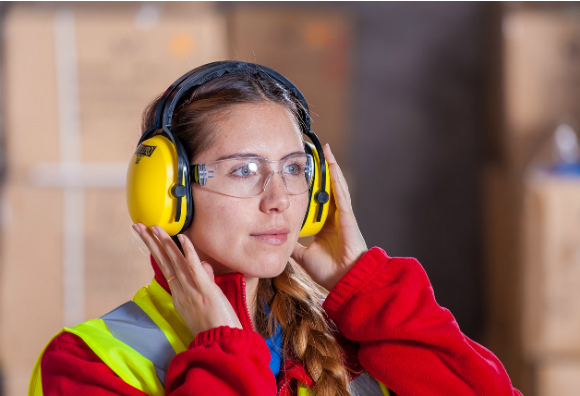What is an Apprenticeship?
- Last updated 21 Jan 2019

An apprenticeship is a real job with a training component. It allows trainees to earn while they learn, as well as gaining a nationally recognised qualification.
Apprenticeships take between one and five years to complete and cover a wide range of industries, from engineering to accountancy, public relations to veterinary nursing.
Apprenticeships are now available up to degree level and above. They’re accessible to anyone who has reached school leaving age, which varies slightly between England, Scotland, Wales and Northern Ireland. There are different entry requirements depending on the sector and job.
There are three levels of apprenticeship available, depending on applicants’ skills and qualifications: Intermediate Apprenticeship (Level 2), Advanced Apprenticeship (Level 3) and Higher Apprenticeships (Level 4 or above) – within the Higher Apprenticeships grouping sit the new Degree Apprenticeships.
Intermediate Apprenticeships
An Intermediate Apprenticeship is equivalent to five good GCSE passes. Apprentices work towards work-based learning qualifications such as an NVQ Level 2, Key Skills and, in most cases, a relevant knowledge-based qualification such as a BTEC.
Advanced Apprenticeships
Advanced apprenticeships work towards work-based learning qualifications such as an NVQ Level 3, Key Skills and, in most cases, a relevant knowledge-based certificate such as a BTEC. To start this programme, the applicant should ideally have five GCSEs at grade C or above or have completed an Intermediate Apprenticeship.
Higher Apprenticeships
Higher apprentices work towards work-based learning qualifications such as an NVQ Level 4 and, in some cases, a knowledge-based qualification such as a Foundation degree. Apprentices can also progress to higher education, including university degrees.
Degree Apprenticeships
Degree Apprenticeships are the latest model of apprenticeship to be developed, seeing apprentices achieving a full bachelor’s or master’s degree – at Levels 6 and 7 – as a core component of the programmes. While Degree Apprenticeships must last a minimum of one year, the programmes will generally last longer than this, typically up to four years, though there is no fixed maximum duration.
Degree Apprentices are not eligible for student loans but their tuition fees are often paid in full by the apprentice employer, or at least in part, and they are paid a salary as full-time employees, like all other apprentices.
Degree Apprentices split their time between university study and the workplace and will be employed throughout – gaining a full bachelor’s or master’s degree while earning a wage and getting real on-the-job experience in their chosen profession
It's likely that a particular level of apprenticeship will be most suited or appealing to you. There are different ways into each level, but to get a sense of what is on offer you could take a look at our jobs board.
More articles like this
- How to Find an Apprenticeship
- How to Stand Out from the Crowd
- Group Interviews
- Assessment Centre Exercises
- Media Apprenticeships: What could I do?
- How to make the most of your final school year
- Not Going to University?
- IT Apprenticeships: What Could I Do?
- How to find a Traineeship
- A-level Results: What to Do if Your Grades Aren’t Enough